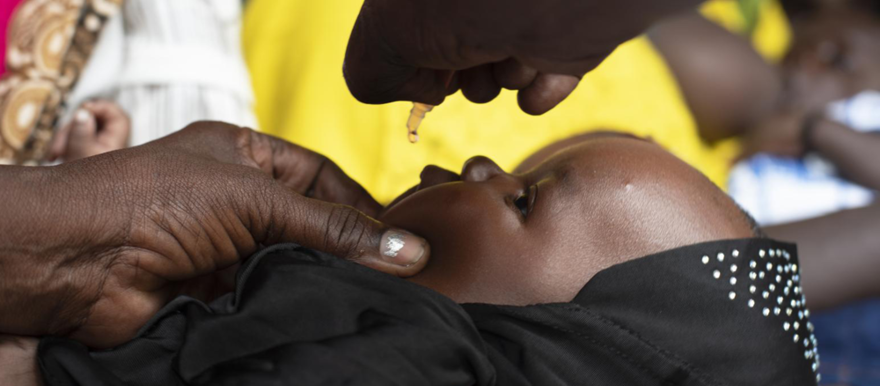South Sudan has been declared free of wild poliovirus, joining the group of countries who eradicated wild poliovirus in the African region.
The declaration came after the African Regional Certification Commission for poliomyelitis eradication (ARCC) officially announced that the World Health Organization (WHO) African Region is free of wild poliovirus.
The Africa Regional Commission for Certification of poliomyelitis eradication (ARCC) is an independent body that was appointed in 1998 by the WHO Regional Director for the African region to oversee the certification and containment process.
According to a joint statement issued by UNICEF South Sudan, World Health Organization (WHO) South Sudan and Ministry of Health on Thursday, the ARCC decision was made based on an extensive review of different data sets including surveillance, routine immunization and polio campaign data and after a verification visit conducted in January 2020 by an ARCC delegation.
The statement said the ARCC members travelled to Warrap, Jonglei and Western Equatoria states to better understand how the polio programme operates in South Sudan.
“The acceptance of the wild poliovirus free status is a very important milestone in the country’s history of public health”, said Dr Rose Mapour, the National Certification Commission Chair for South Sudan.
“However, this is not the end of the work as the wild poliovirus can still be imported from other endemic countries. To maintain the polio-free status we need to increase immunization coverage to achieve required herd immunity. Also, the current level of polio surveillance must be maintained until all countries in the world are declared free of the wild poliovirus. Today as South Sudan documentation claiming wild poliovirus free status has been accepted, I want to express my special appreciation to the polio heroes who lost their lives during various immunization campaigns, the vaccinators, health workers, caregivers and press,” she added.
Meanwhile, the World Health Organization affirmed its commitment to support South Sudan to strengthen its surveillance for any poliovirus.
“WHO is committed to supporting the Ministry of Health to strengthen surveillance for any poliovirus from any source. We will continue to work with the Ministry to ensure that routine immunization coverage increases to strengthen immunity and protect children from lifelong polio paralysis”, said Dr Olushayo Olu, WHO Representative for South Sudan.
In achieving the feat of polio eradication different partners have supported the Ministry of Health via the Global Polio Eradication Initiative (GPEI) partnership, including the World Health Organization, UNICEF, Rotary International, the US Centers for Disease Control and Prevention (CDC), Bill & Melinda Gates Foundation and Gavi, the Vaccine Alliance.
“This is a major accomplishment for South Sudan and the result of years of hard work of many actors under the leadership of the Ministry of Health. It was only made possible thanks to the long-standing support of donors,” said Dr Mohamed Ayoya, UNICEF Representative in South Sudan.
“UNICEF will continue strengthening the immunization supply chain and un-interrupted supply of vaccines for the routine as well as supplementary immunization activities in addition to creating demand for vaccination among communities” Dr Ayoya added.




